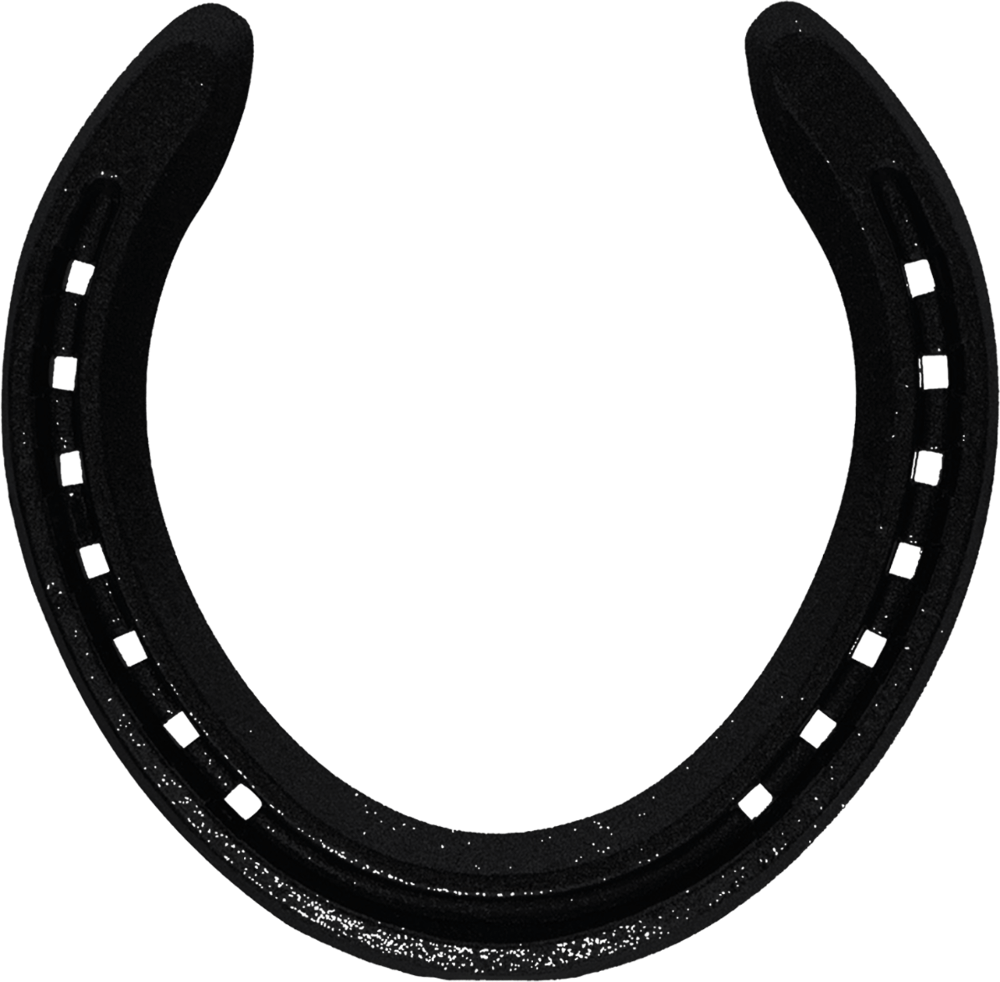Between the racecourse and the sales ring, there has been plenty for Bhima Thoroughbreds to celebrate in recent weeks. Among those highlights is the acquisition of Middlebrook Station, which will allow Bhima to expand their client base with room for an estimated 30 mares.
The Lightning S. win took the daughter of I Am Invincible to a remarkable nine Group 1 successes since she was sold to Te Akau’s David Ellis CNZM for $360,000 at the Magic Millions Gold Coast Yearling Sale in 2020.
“She’s getting to the stage now where you can well and truly call her a champion,” says Fleming. “She’s done it in New Zealand and she’s done it here. A lot of people were starting to knock her before Saturday but as Mark Walker and Opie (Bosson) said, on race days is when she puts it all to the fore. Given what they said it sounds like she could be in for a pretty big autumn.”
Bred under the banner of Raffles Dancers, Imperatriz was born and raised at Bhima, which makes her triumphs all the sweeter for Fleming and his team.
“To foal her down and look after her and then sell her for Dato Yap and Raffles Racing was a pretty big thrill because it’s not every day you get to rear and sell something of her calibre,” he says. “She always had good character and she was always a quality filly. Te Akau and David Ellis and his whole team have done an outstanding job of nurturing her along. That’s what sees these horses reach their full potential.”
Imperatriz is one of four Group 1 winners to come out of Bhima’s Magic Millions draft between 2019 and 2022. She has been joined by three-time top-flight scorer Forbidden Love (All Too Hard), who sold to Richard Freedman for $150,000 in 2019; Victoria Derby hero Manzoice (Almanzor {Fr}), a $340,000 signing by Chris Waller and Guy Mulcaster in 2021; and triple Group 1-winning juvenile Militarize (NZ) (Dundeel {NZ}), a $550,000 purchase by China Horse Club, Newgate Bloodstock and Trilogy Racing in 2022.
As if all that wasn’t enough, Bhima also raised Giga Kick (Scissor Kick), winner of The Everest.
“We’ve only been here for nine years, so for a horse like Imperatriz to come off a young farm, I think what we’ve done in those nine years is pretty exceptional,” says Fleming.
“Breeders put a lot of time and effort into breeding these horses, and we’re very much a vendor that sells for a range of breeders. They certainly help our graduate list and how we’re looked at as a farm. A huge part of it is where these horses end up once they walk out of that sales ring. That can dictate a lot as to what kind of chance these mares get at stud.”
New opportunities on the horizon
Excitingly, Fleming was pleased to share Bhima has acquired the lease on 70 hectares of land at Middlebrook Station which has capacity to hold another 30 or so mares.
“Middlebrook Station is about five minutes up the road from Bhima. It’s very good horse country and dry country,” Fleming said.
“The land will be ideal for putting pregnant mares on to give the main farm a little bit of a break, which is what we’ve done in the past. The increased capacity will also allow us to consider more long-term permanent assignment clients.
“Obviously, with the restructure and demolition and rebuilding of our yearling barn over the last two years and increased capacity has seen us have additional inquiries from people wanting Bhima to prepare and sell their yearlings.
“But we are very focused on our Bhima brand and clients. People that are on farm for a 12-month basis have access to our management, growth and nutrition and everything that goes with that, which I think has led to the success Bhima is starting to have on the racetrack since Kate and I started nine years ago.
“The quality of our stock and obviously Imperatriz coming off the farm, it’s a good opportunity to let people know there’s some room for more permanent mares if people need it.
“We’ve got good staff around us and that’s been a reflection of what we are growing and rearing putting out there. Also our clearance rate at yearling sales I think we’re definitely right up there with the best of them in what we provide and our results.
“We are excited to offer our services and expand our client range but our high standards and goals remain the same. However, it’s important to be able to welcome new breeders. The new land will give us room for around 30ish additional mares.”
Strong sales start for 2024 with elite bloodstock
The Bhima team sold 25 lots at this year’s Magic Millions Gold Coast Yearling Sale for receipts totalling $6,670,000. The headline act was Lot 164, the King’s Legacy colt out of Serenade (Star Witness), a Group 3-placed sibling to Stratum Star and Prague. The $775,000 ticket was signed by James Harron, who added the youngster to the portfolio of his colts partnership.
“That goes back to one of our biggest supporters in Jonathan Munz and GSA Bloodstock,” says Fleming as he reflects on the $775,000 transaction. “He’s got a shareholding in King’s Legacy, who’s bred some very nice horses. He’s a son of Redoute’s Choice, he’s got a huge pedigree and he’s left athletic horses that move well and have good temperaments.
“He’s going to get every chance. That’s the strength of these younger sires that have shareholders involved. They have good breeders around them and get support in years two, three and four as well.
“James obviously bought King’s Legacy himself and has an interest in him, and I know he’s been very active in looking at all the horses by him and getting them into good stables. That’s only going to strengthen his chances at stud. I certainly think he has a big chance.”
Reflecting on trade on the Gold Coast, Fleming says: “Your foal crops can be different year by year, so your drafts can be different year by year too. We probably had a lot of horses through the middle of the market but without a standout. Overall, I think we sold very well though and clearance rates have been good. I’d like to think that’s a reflection on the fact that people are looking at the Bhima brand and understanding that we put horses to the market that have been well nurtured and well reared and generally they’ll get something back from them off the racetrack.”
Eyes on Easter
Fleming is certainly hopeful that that appetite will continue into the Inglis Australian Easter Yearling Sale, where Bhima has an 11-strong draft entered. Among the group is Lot 417, the Snitzel half-brother to Militarize.
“We’ve got a nice range of Easter horses,” says Fleming. “Obviously, we’ve got the Snitzel half-brother to Militarize. He was a later foal, which is why he’s waited for Easter rather than going to the (Magic Millions) Gold Coast, but he’s a strong, forward-moving horse so I’m very interested to see how he’s perceived.
“There’s also nice colts by sires like King’s Legacy and Super Seth, who’s kicking off with his first 2-year-olds bred at Waikato Stud. He looks like he could be doing a good job, I think buyers just need to get a bit more belief that those good horses can be bought towards the lower end of the market, it’s not just a sale for the elitists.”
Bhima is a farm with a rich and well-documented history. However, Fleming and his wife, Kate, have not been afraid to modernise where necessary. The original yearling barn has made way for a state-of-the-art equivalent, while other mod cons have been installed across the 600-acre Scone property.
“Myself and my wife Kate, purchased it nine years ago and it’s still evolving,” says Fleming. “When we bought it there was an 18-horse yearling barn but we’ve knocked that over and expanded it to 39 boxes with a focus on consigning horses. Australia is very unique because you go from one sale to the next all the way through, so you have multiple preps going on at the same time. It gets to the stage before Christmas where you have Magic Millions, Classic and Melbourne horses all in prep at one time.
“The thought was to build a facility where all of those could be under one roof and managed by one team, rather than having them spread around the property. I think it’s worked fantastically well. Certainly, from a horse management point of view, and for the staff, you can focus on each draft as a whole rather than traipsing around doing different drafts around the farm.”
A more realistic market
While there is plenty for the Bhima team to be positive about at present, Fleming also offered a frank assessment of the broader market in 2024, which has seen a shift away from the giddy highs experienced in the immediate past.
“I think COVID probably blessed us to a certain extent as clearance rates went through the roof after that and a lot of sales were selling at 90, 92 or even 95 per cent clearance rates,” he says. “But if you look at the industry as a whole a decade ago, an 80 or 85 per cent clearance rate was considered an excellent sale, and I think we’re just heading back towards a more normal market.
“You can certainly see a bit of softening in the bottom 50 per cent of the market, and probably a bit of softening around certain sires too. It surprises me a little bit how the buying bench wants to jump into these first-season sires as a whole, the new toys, so to speak. We’re seeing a bit of softening around some of the older, proven horses in the market, and a softening of the clearance rate around those as well.”
Expanding on the clamour for first-crop sires that exists in the ring and at stud, Fleming says he worries that covering fees at the proven end of the market are forcing breeders to flock to newer, unproven options instead. This is resulting in a slew of support for new horses in year one but then a shortfall in years two, three and four, creating an imbalance between supply and demand.
“If I go back more than 20 years to when I was still in New Zealand, breeders would buy a mare for a certain stallion and breed him for three years in a row,” he says. “Looking at the Stud Book now, you very rarely see a mare that has gone to the same sire for three years in succession. I think that’s a little bit worrying for the industry going forward.
“To look at it through a human perspective, we can all have two or three kids and they’re all completely different. There’s no reason horses can’t be the same. Generally, these good horses come out of the mares in the first three foals. For me, if you’re looking at investing in the top end then I think that’s something we should look at going back to.”
Asked whether he felt that breeders might be guilty of putting fashion before function, Fleming says: “I think it’s 100 per cent people putting the economic return and playing it with a straight bat, so to speak, of mating a horse for fashion and the sales ring rather than what they actually could be seeing on the racecourse.
“Regardless of where we go for the next two or three sales, we’d like to see a little bit of a flattening of some service fees back to a normal level. I’m not sure whether it’s a good thing for the industry, all the money that’s piling into these colts for their first season. Especially when you see them not getting the support in years two, three and four.”
Breeding is, of course, an entirely subjective matter. However, Fleming’s thoughts ought to provide plenty of food for thought, not least because his own methods have proved so adept at producing Group 1-winning results.
This article was written by James Thomas for TTR Aus NZ.





